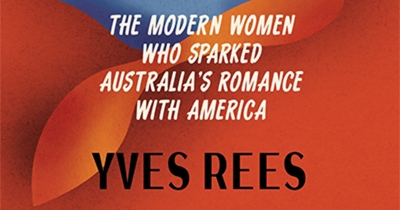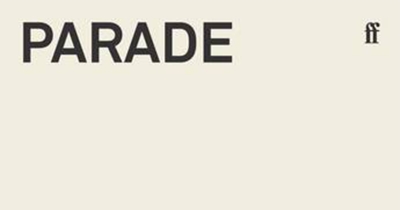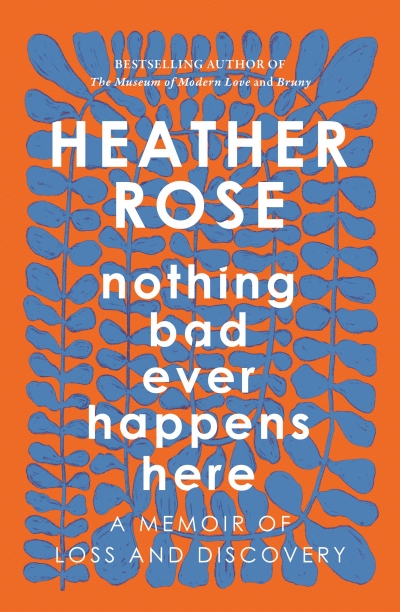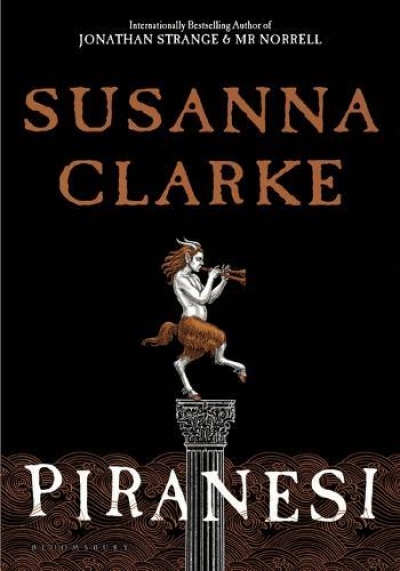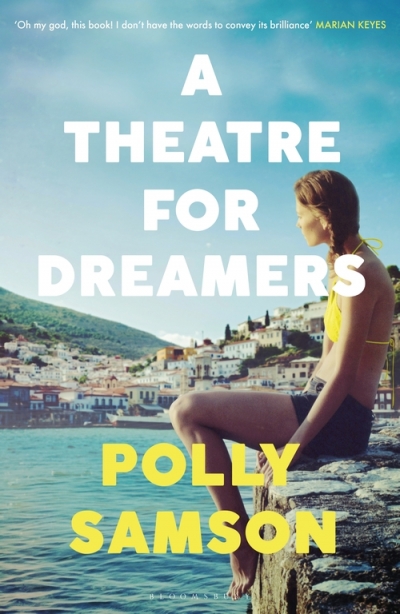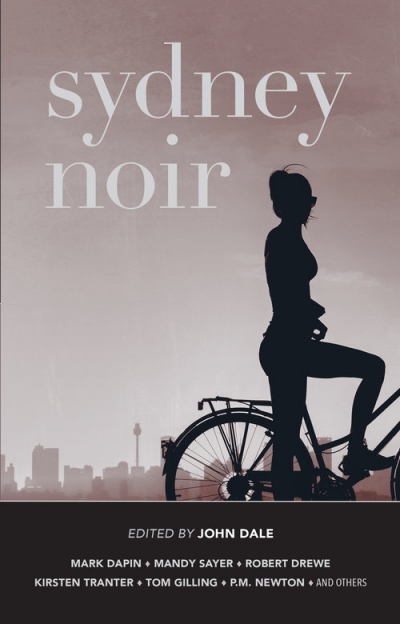The Tasmanian childhood recounted by Heather Rose sounds idyllic, to the point of being suspect, a too-perfect vision of wholesome family life. ‘We do not own a television. Books and games, music and friends, the radio and the outdoors are our entertainment,’ she writes. In this paradise of neighbourly trust, ‘no-one locks their doors. We are welcome in everyone’s houses.’ Rose remembers her mother as a domestic goddess: ‘Along with a career, four children and a husband, she bakes and cooks, sews, preserves, sings, embroiders, gardens, arranges flowers, decorates cakes, and makes kayaks and pottery’, while also contriving to be ‘slender, elegant’, and beautiful. At this point, you might wonder if the title – Nothing Bad Ever Happens Here – is not, as you first assumed, meant to be ironic. But how long can this flawless, nostalgic reverie be sustained?
...
(read more)

